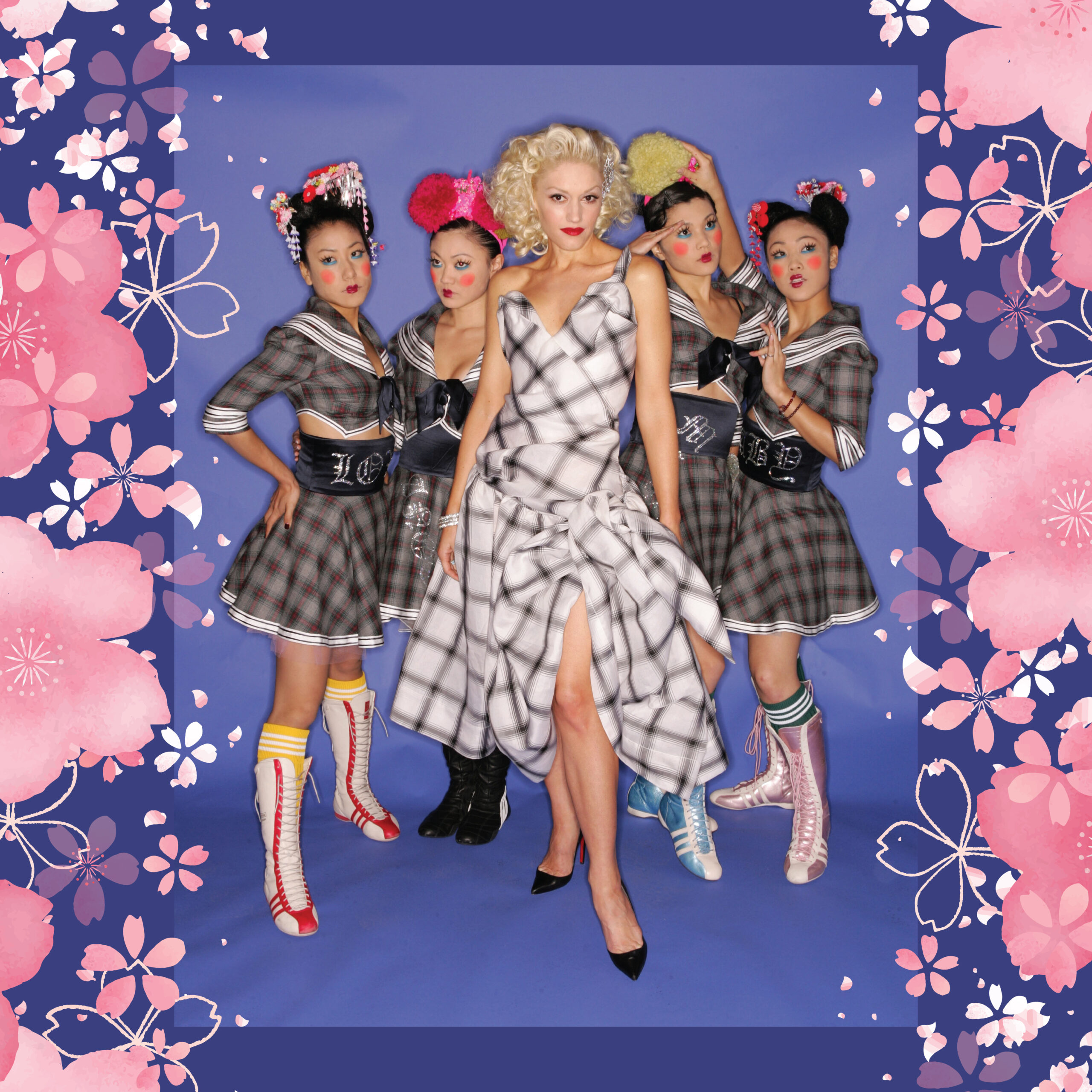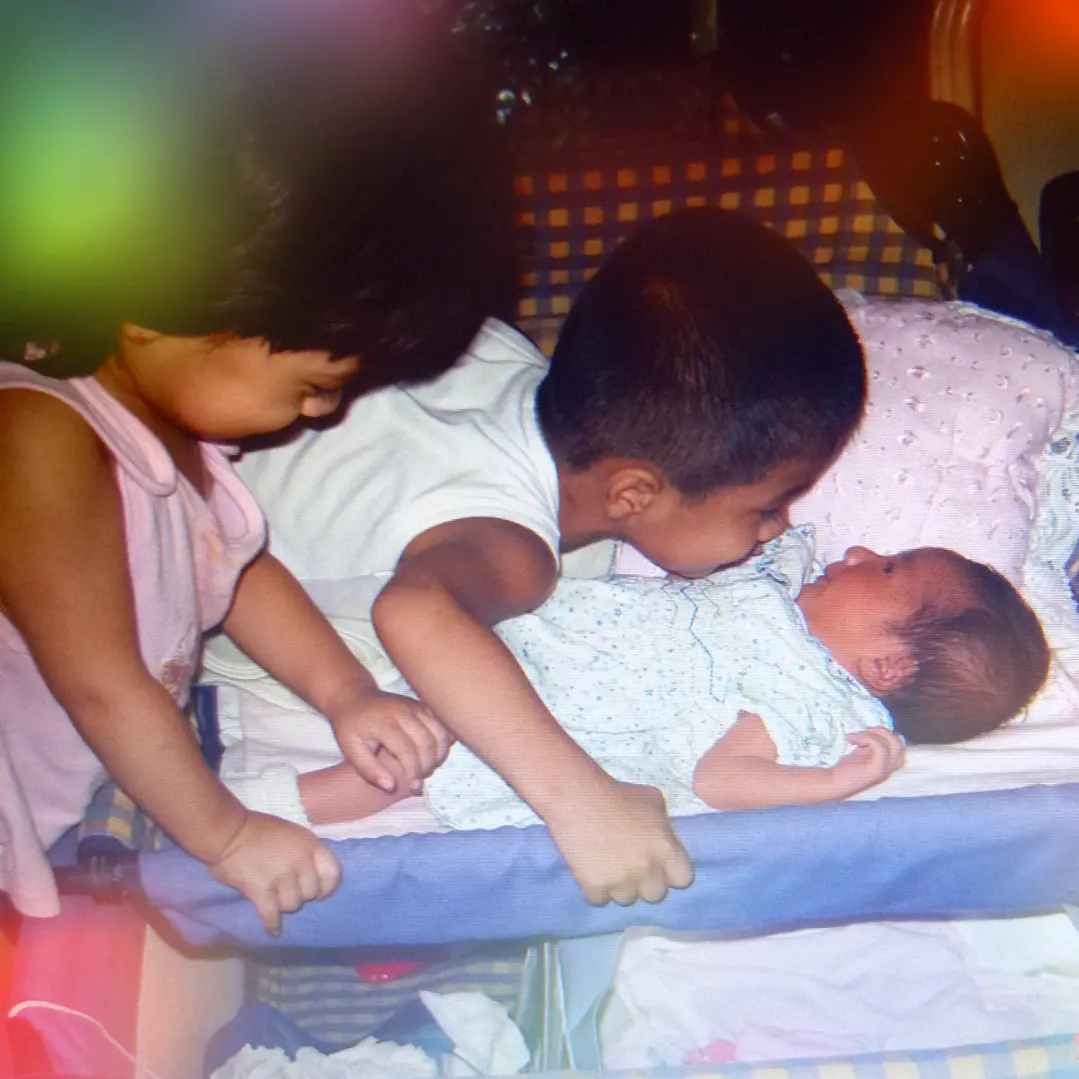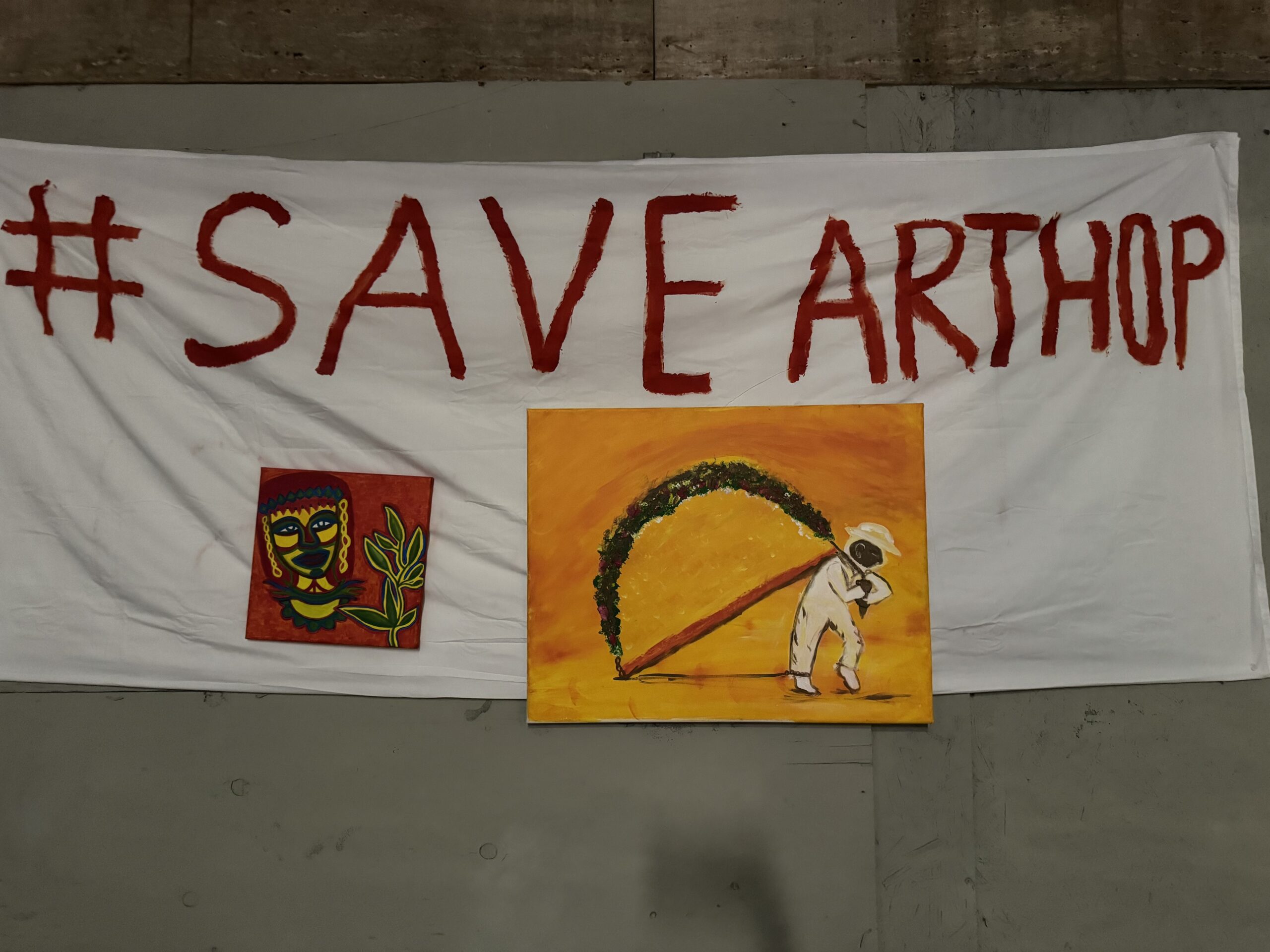
On Jan. 10, Allure published an article about Gwen Stefani in what was supposed to be about her new beauty line GXVE Beauty, but it quickly turned into a discussion about her previous beauty venture, her Harajuku Lovers perfume, and cultural appropriation.
Gwen Stefani’s debut album “Love. Angel. Music. Baby.” was released in 2004, and included hit singles “Hollaback Girl” and “Rich Girl”. This album included references of the Harajuku subculture including four Harajuku back-up dancers who were featured within every music video.
In 2008, she released her perfume collection called Harajuku Lovers. The structure of these bottles were designed to give Stefani and her back-up dancers a doll-like look, resembling Harajuku girls. While popular at the time, Stefani and her projects have been the subject of conversations around cultural appropriation.
In the Allure interview discussing Stefani’s new beauty line, she stated, “I wanted to create a community of makeup lovers like me.”
When Jesa Marie Calaor, a Filipina-American, asked about her Harajuku perfume collection and the lessons she’s learned amidst the backlash, she described her Japanese influence due to her father’s travels to Yamaha, Japan, and the stories he shared with her throughout her life.
“That was my Japanese influence and that was a culture that was so rich with tradition, yet so futuristic [with] so much attention to art and detail and discipline and it was fascinating to me,” Stefani said.
As an adult, she was able to travel to Harajuku herself and see it with her own eyes. That’s when Stefani said, “’My God, I’m Japanese and I didn’t know it.”
Gwen Stefani is a white woman raised in Anaheim, California, with an Italian-American father and an Irish-American mother. She has no ounce of Japanese ancestry in her blood.
“If [people are] going to criticize me for being a fan of something beautiful and sharing that, then I just think that doesn’t feel right,” Stefani said in the interview. “I think it was a beautiful time of creativity… a time of the ping-pong match between Harajuku culture and American culture. [It] should be okay to be inspired by other cultures because if we’re not allowed then that’s dividing people, right?”
This statement sparked many opinions about cultural appropriation on social media.
Richard Kington, a Japanese-American born and raised in Hiroshima, said, “Although I appreciate Gwen’s inspiration toward Japanese culture, if she was not raised in Japan, and not speaking it’s language, not knowing the deep tradition and values, I feel like it is wrong to call herself Japanese.”
But when it came to her use of the Harajuku culture for marketing purposes, Kington expressed acceptance for her inspiration.
He said since the Harajuku culture is modern, he feels it is okay to use it, especially since many people use different cultural influences throughout the world for marketing purposes.
On the other hand, he feels that traditional Japanese cultures are sacred to those who grew up in Japan and understand its culture completely.
Yuka Kimoto, born and raised in Tokyo, had a different opinion.
She has been in the United States for seven years and wanted to learn and be a part of the diversity of cultures within the U.S. while meeting new people.
Kimoto felt she could relate to Stefani with her appreciation for another culture. She expressed that Stefani’s interest and use of the Harajuku culture was “beautiful.” She loved and appreciated that Stefani was fascinated by this culture and was able to use it in a way to educate and introduce Americans to a part of Japanese culture; that her love for another culture besides her own allows for a better understanding for those all over the world.
Kimoto explained that she felt that if more people appreciated cultures to the capacity as Stefani did, there may be a chance for world peace.


